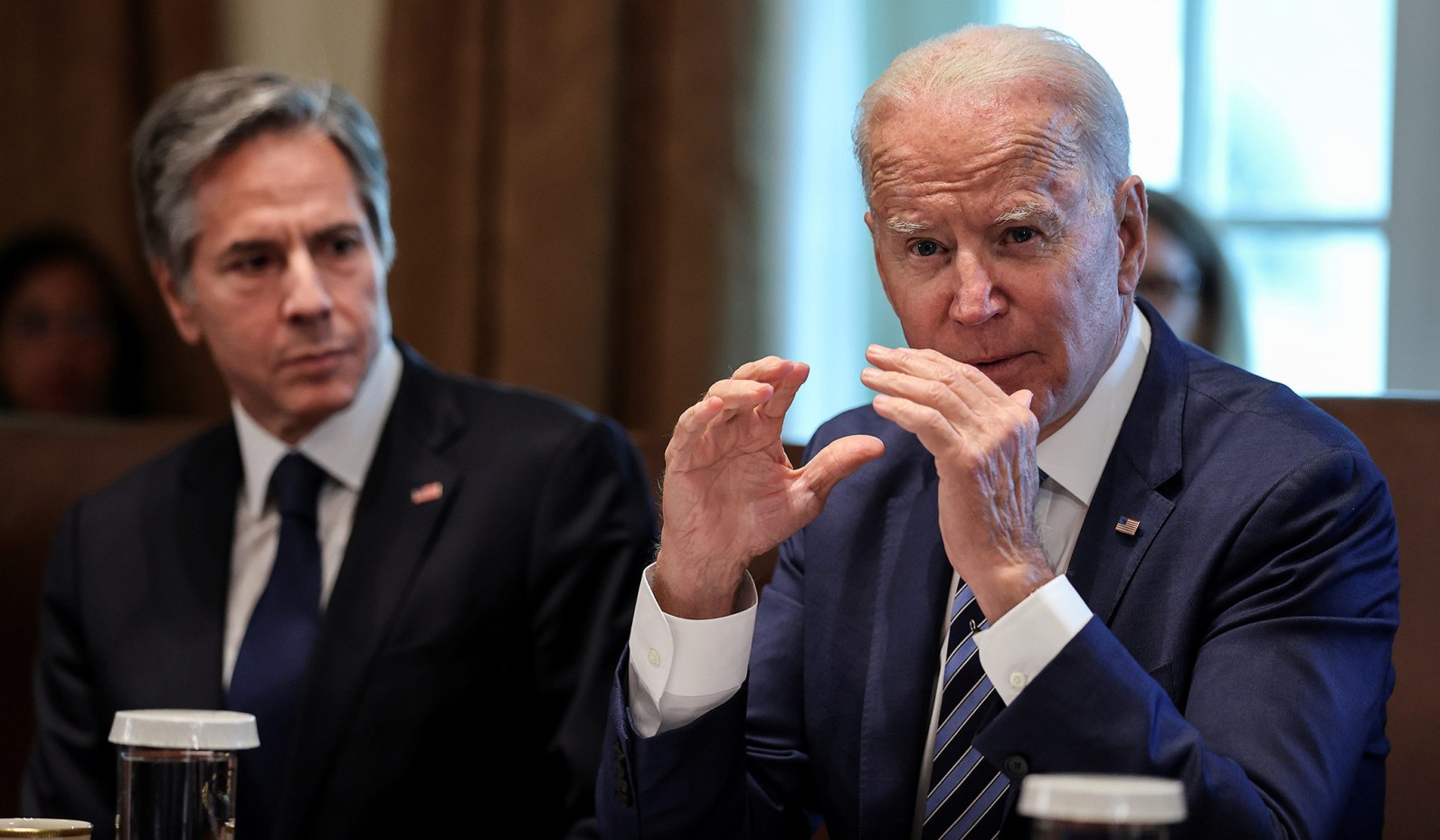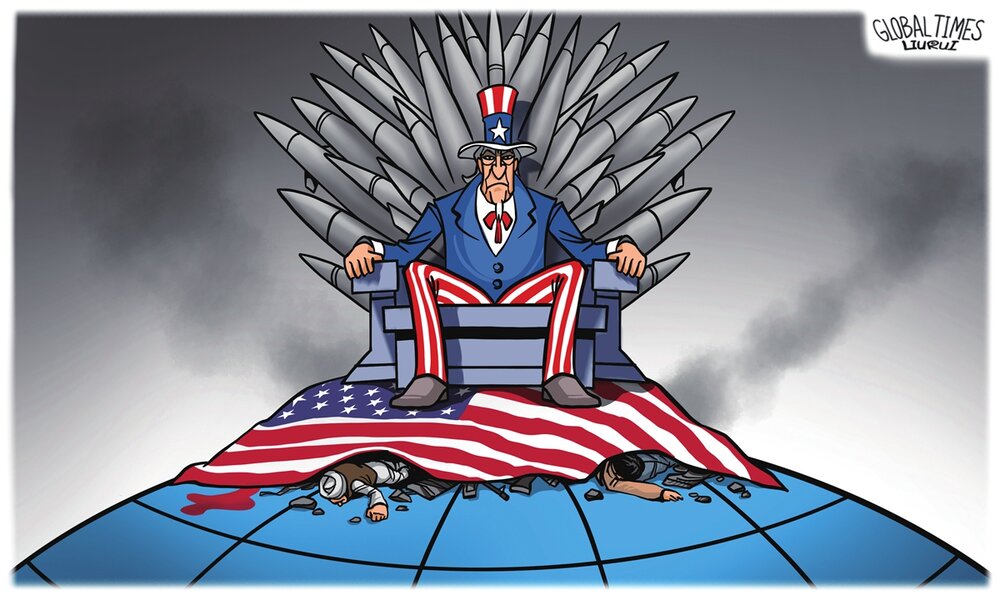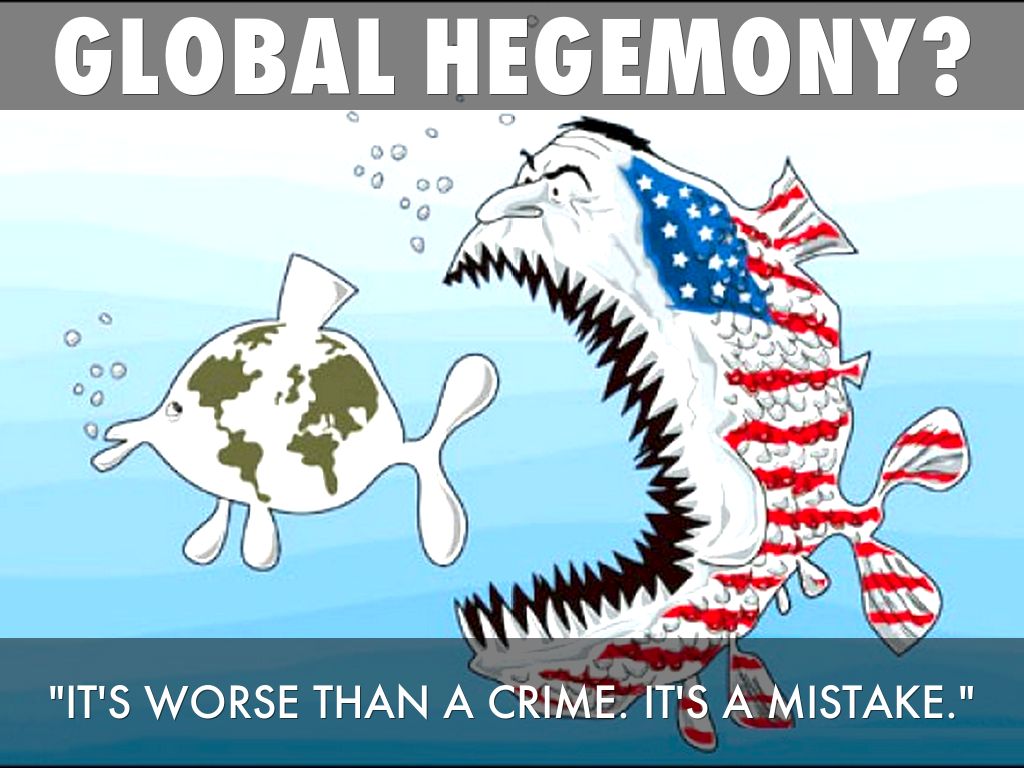
ACTION ALERT:
Tell Biden and Blinken to Stop Funding War!
CodePink
(May 7, 2024) — The Biden administration is funneling billions of dollars into the wars in Palestine and Ukraine — more than any other year to date. Meanwhile, our government continues to spend record-breaking amounts preparing for a war with China that nobody wants. Act now to tell President Biden and Secretary Blinken we want our tax dollars to fund cooperation, not war!
US-funded wars have devastated the lives of millions of people around the world. Instead of hemorrhaging all our money into cultivating hate and fear, we need to work together to support environmental protection and global cooperation.
In the wake of nationwide protests against the US funding Israel’s genocide in Gaza, Secretary Blinken paid an unfriendly visit to China, threatening further sanctions if China did not adhere to US interests. This follows the US stating its firm commitment to further militarization of the Asia-Pacific, a dangerous game of provocation.
The US is set to spend over $1.5 trillion on defense in the coming year, much of which will continue to fund our global proxy wars. (Note: Actual US defense spending reached $1.537 trillion in 2022.)
Since 2001, the US military has contributed to over 1.2 billion metric tons of greenhouse gasses, millions of civilian casualties, injuries, and mass displacement. The costs of war are far, far too high.
ACTION: Tell the White House to stop militarizing the Asia-Pacific!
We can’t let our government
destroy the world in its
imission to maintain a
bloody global hegemony.

THE LETTER
Dear President Biden and Secretary Blinken,
Blood is on your hands. Thousands of innocent civilians are dying — men, women, children — being bombed to death as they sit in their homes. Thousands of Ukrainian and Russian men have been unwillingly drafted into the military, torn from their families, and forced to kill each other. Images and videos of cold-blooded genocide plague our news in a constant loop, and you have the audacity not only to deny what is happening, but to also order more money sent to continue these horrors.
Now you have your sights set on China.
Billions of dollars have already been spent militarizing the Asia-Pacific, surrounding China with military bases and conducting threatening war games– the US military’s version of peacocking.

TikTok, the Clock Is Ticking
The first step of war, as you are well aware, is information warfare. Currently, the media is spouting hateful rhetoric towards China, contributing to a giant spike in Asian American hate crime. You accuse China of everything the US is guilty of: preparing for war, spying, stifling business. You are so paranoid you’ve even banned the Chinese social media app TikTok — an unprecedented divergence from our First Amendment rights.
The Chinese Ministry of Foreign Affairs recently published a report detailing five objectives China had for Secretary Blinken’s visit this week, reflecting the ‘Five Principles of Peaceful Coexistence’, a foundational pillar of Chinese foreign policy. One of those objectives was for “the China-US relationship should be stabilized, improved, and move forward along a path of stability, health, and sustainability.” They also advocated for mutual cooperation, strengthening dialogue, and effectively managing differences.
Meanwhile, numerous US political and military figures have said the opposite, calling for the US to raise arms and surround China with military bases, missiles, and troops. They cite a future war as almost inevitable, declaring that China will “invade” Taiwan by 2027. Just this month, Xi Jinping met with the former president of Taiwan, Ma Ying-jeou, to express their mutual consensus to stand for peace, agreeing that war “would be an unbearable burden for the Chinese nation.”

China Wants Competition: US Wants Empire
Prominent political figures and spokespersons have repeatedly pronounced their adherence to peace, and have implored the US numerous times to work towards mutually beneficial cooperation rather than current antagonistic practices.
Meanwhile, the United States spends more money on defense spending than the ten following countries combined. That’s around $850 billion dollars per year– and every year, the amount goes up. In 2024, the budget request was for $911 billion dollars.
A good amount of this money has been spent building military bases in the Asia-Pacific, surrounding China with threatening long-range missiles and other defense systems. As it stands, the US has over 750 military bases around the world, with 313 bases in East Asia alone. Meanwhile, China has no military bases in the entire Western hemisphere.
US military strategy in the Asia-Pacific operates along one dominant strategy: militarize, militarize, militarize. Policy experts continue to recommend “porcupining” nearby nations, including Japan, the Philippines, and Guam. In doing so, they have repeatedly harmed the natural environment, destroying protected reefs and dumping harmful chemicals into the ocean. Many locals denounce US military presence and rising militarism, terrified they may be pulled into a conflict they want no part in.
Washington’s Legacy of Imperial Wars
The truth is, the US has a long history of war and imperialism. Including militaristic and covert operations, the US has invaded over 50 countries since its inception. Since WW2, the US has started wars in Vietnam, Afghanistan and Iraq, all of which were unmitigated disasters. Adversely, China has not fought a war in 45 years.
Policy experts and military professionals adhere to the concept of deterrence with a disconcerting level of zeal. However, the logic goes sour when you recognize a few basic facts:
One, China is not an opponent and does not wish to be an opponent.
Two, hyper-militarizing the Asia-Pacific makes war more likely, not less. It’s not deterrence — it’s provocation.
Three, the US is trampling on the desires of local populations and harming the environment while at it.
China does not want war, as we’ve covered, and has expressed its concern that US militarization of the region can lead to increased risk for misunderstanding and misjudgment — which could easily escalate into conflict. You need to focus on prevention rather than deterrence, by strengthening dialogue, reaffirming commitments to peace, and fostering a partnership with China on other potentially catastrophic issues, such as environmental protection and nuclear disarmament.
Militarizing the Asia-Pacific
Ultimately, there are no gains to be had by throwing billions of tax dollars into militarizing the Asia-Pacific. What you fail to realize is that there are people living on the land our military is abusing. The environment is protected– and sacred– and the military-industrial complex has no place rearing its ugly head where it does not belong.
There are three terrible, powerful factors at play when analyzing the US desire to maintain a hegemonic status over China: colonialism, imperialism, and racism.
Colonialism: The US has a steep history of adhering to colonialist doctrines. Even its inception was a story of colonialism, running Native Americans off their indigenous lands to take over.
Over the course of its comparatively short lifetime, the US has seized Puerto Rico, Guam, Samoa, the Philippines, Hawaii, and more. The US government feels it has the right to continue abusing these ties, building military bases against the desire of local indigenous populations.
Imperialism: US imperialism is essentially the belief in the expansion of American political, economic, military, and cultural influences. It ties into colonialism in many ways, reflecting the belief in racial and cultural superiority.
Racism: Racism is one of the driving factors of US imperialism and colonialism– the glamorization of “the white savior” to lead “others” out of barbarity and into salvation. Sinophobia has run rampant in the US for many years, leaking into American politics and media. Since the 2020 global pandemic, Asian American hate crimes have been on the rise.
All three tie together into a twisted undercurrent of thought running below the surface of US foreign policy. While you push us towards confrontation for the sake of preserving a US hegemony, China reports that, “We firmly believe that great power competition should not be the dominant theme of this era, nor can it solve the problems faced by China, the US, and the world.”

US Goal: Not Cooperation but Dominance
Yikes. That’s a stiff departure from your “we want competition with China” State of the Union speech, and an even worse departure from former Deputy National Security Advisor Matt Pottinger and Congressman Mike Gallagher who say, “The United States shouldn’t manage competition with China; it should win it.”
In doing so, they also claim that “the US needs to accept that achieving it will require greater friction in US-China relations.”
This is nothing short of an admittance: US political leaders are so concerned with winning some power competition that they’ll risk going to war — push for it, even.
RAND policy experts punched the numbers. Even a minor conflict could lead to a 20-35% economic shrinkage of China’s economy. This would devastate the lives of millions of Chinese citizens. Recovery would take years. It’s no wonder you are pushing for war.
Overall, the US has spent billions and billions of dollars preparing for war with China. Imagine what the world would look like if those billions had been spent elsewhere — on infrastructure, poverty alleviation, cultivating a peace economy, environmental sustainability initiatives, pushing for love and mutual respect rather than division, fear, and hate…
There is a world where the US and China are capable of a respectful, cooperative relationship, where differences are set aside in accordance with a bigger picture: how can we make the world better for each and every person? How can we cultivate peace? How can we preserve the natural environment and ward off climate change?
Give it some thought. The world does not want this war. Instead of driving fear and hate, start working towards peace and cooperation with China. Save the people and the planet!
Peace and solidarity,
Megan, Jodie, and the CODEPINK Team
Resources
• Watch our latest webinar, “What We’ve Learned Trying to Stop War on China” here.
• Contactmegan@codepink.orgto schedule a meeting and learn more about China Is Not Our Enemy biweekly meetings, including our upcoming one on Monday, May 13th at 7pm ET.
• Learn more about the US war on China here.
• Want to visit China? Check out our new travel resource page here.

